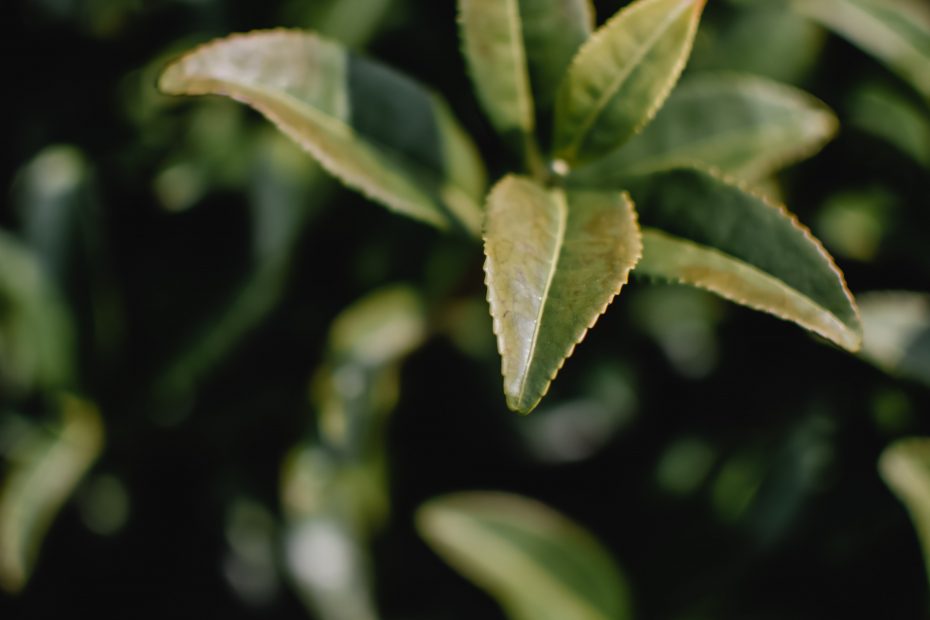When Should You Drink Green Tea?
The second most popular beverage in the world, after water, is tea. Black tea makes up 78% of all tea drunk worldwide; green tea makes up roughly 20%. The dried leaves of the Camellia sinensis plant are used to make all varieties of tea (not to be confused with herbal teas). The type of tea is determined by how much the leaves have oxidized.
Since green tea is one of the least processed varieties of tea and is manufactured from unoxidized leaves, it has the highest concentration of polyphenols and antioxidants. This can have so many beneficial effects on our health and the state of our gut, but you have certainly asked us at least once what is the best time to drink a cup of green tea and what times to avoid. Let’s attempt to respond to these queries collectively.
What are the best times to drink green tea?
Tea contains caffeine (also known as theine), which has a stimulating effect. This is why many people like to start their day with a cup of tea, on par with those who never start their day without a cup of coffee.
The best time to drink a cup of tea, of course, does not exist, but we can say that it is a good habit to consume green tea away from meals. Tea, in fact, has compounds that make it more difficult to absorb nutrients from food making our diet poorer. In addition, if consumed away from meals, it has a beneficial effect on our body as it helps to hydrate us and supplement minerals.
When should it be avoided instead?
For the same reasons given above, it is preferable not to consume green tea immediately before or immediately after meals. Also to be considered is the possible addition of sugar to our cup of tea, which would increase our calorie intake at times when we have little need for it (precisely before or after a meal).
Given the caffeine content, it might be a bad idea to consume tea in the evening hours. However, on this point it is worth clarifying: in many Asian countries there is a habit of consuming green or oolong tea a few hours before bedtime. Is this a bad habit? Not really.
In fact, the caffeine content varies greatly depending on the variety of tea and the duration of brewing. In general, black tea contains more caffeine than green tea (with the exception of matcha), and a longer brew releases more caffeine than a shorter brew. It just so happens that in Asian countries, green tea or oolong tea is routinely consumed during the evening hours, which have enough caffeine content not to impair good sleep.
